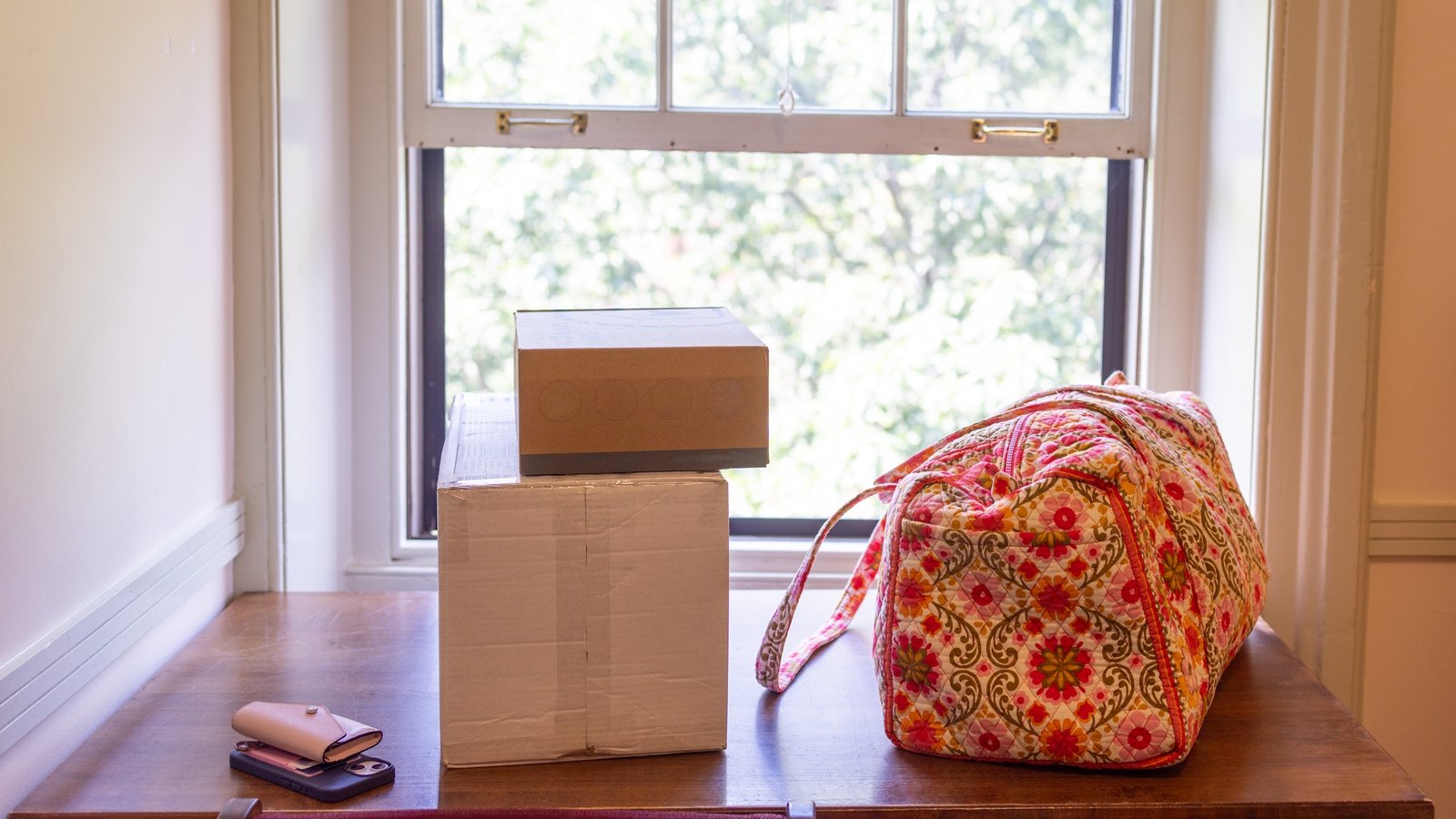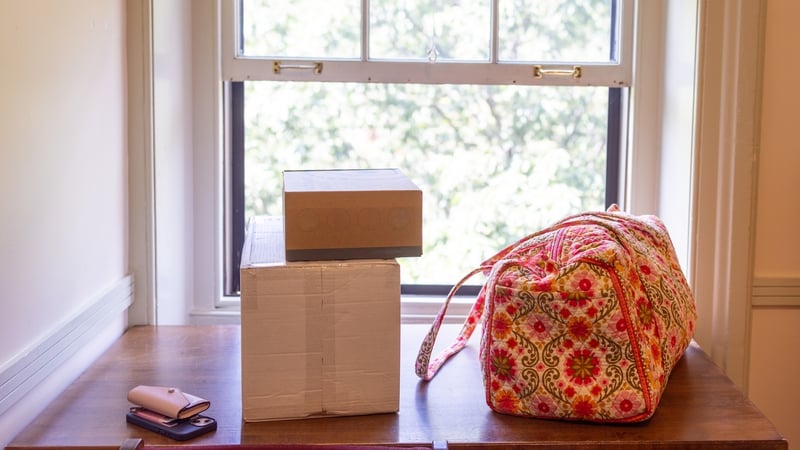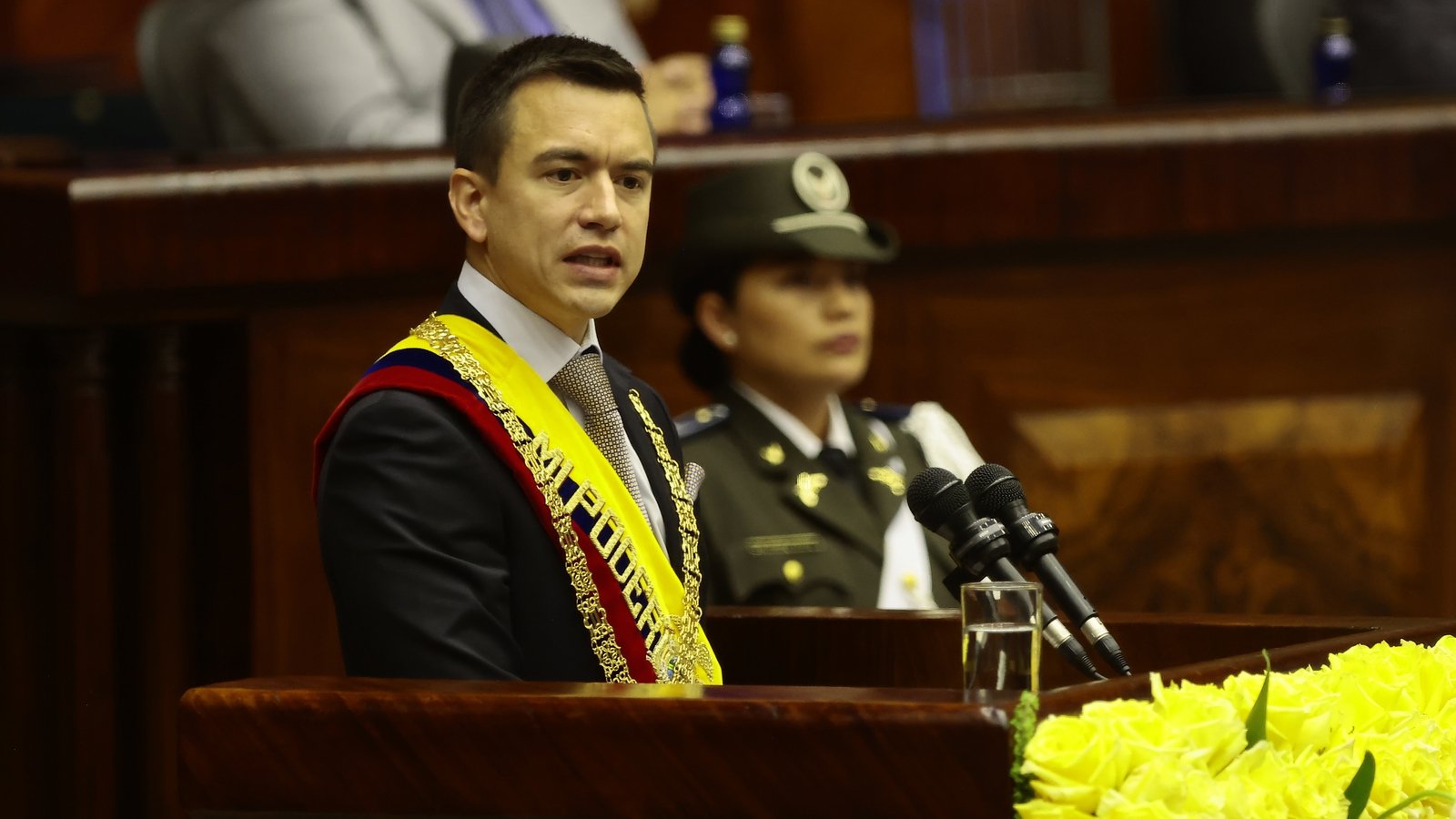Govt to introduce new policy on student accommodation


Higher Education Minister Simon Harris will bring a new Government policy on student accommodation to Cabinet today.
The policy commits Government investment in three areas – the construction of on-campus housing for students, the repurposing of vacant and derelict properties, and the continuation of support for homeowners renting a room to students.
The first phase has been to activate planning permissions already secured by third level universities.
This is currently supporting development of up to 1,000 student beds across Maynooth University, University of Limerick and University of Galway with €61 million in funding approved by Government.
The Department will now engage with UCD, which has planning permission for 1,254 student beds, Trinity College Dublin, which has permission for 358 beds and the second phase at DCU, which has permission for 830 beds.
However, in return for investment ,the percentage of beds funded by the State must be offered to disadvantaged students at a below market rate.
For example, if the State funds 30% of the beds, those beds must be offered at a reduced rate to students whose household income is less than €100,000.
If the State funds 100% of the beds, all beds must be offered to students at a reduced rate.
The next phase is to activate accommodation projects in the regions and to reduce the number of students competing with families for private rental accommodation.
This will be done through the construction of student housing using State funding.
It would also involve the repurposing of vacant buildings.
An annual grant of between €20 million and €40 million could be made available to help universities repurpose buildings which are unoccupied.
Also today, the Government Chief Whip Hildegarde Naughton will set out the legislative programme for this Dáil term.
Priority legislation includes delivering on a promise made last year that tenants would get the first right of refusal to purchase a property if their landlord is selling it.
Legislation to allow gardaí to use facial recognition technology is also a priority as is changes to the laws around the sale and consumption of alcohol.
Reforms to the penalty points system and reducing speed limits is on the legislative agenda this term too.
Meanwhile, Arts Minister Catherine Martin and Enterprise Minister Simon Coveney, will seek approval from Cabinet for a plan to support Ireland’s digital creative industries from 2024 to 2026.
These sectors include digital games, multimedia content for mobile applications (apps) and content for emerging technologies such as augmented reality (AR), virtual reality (VR) and mixed reality (MR).
The plan is aiming to address the education and training needs for people who want to work in these sectors.
It will also make financial supports available for small businesses in this sector and encourage them to establish bases in regional and rural areas.





